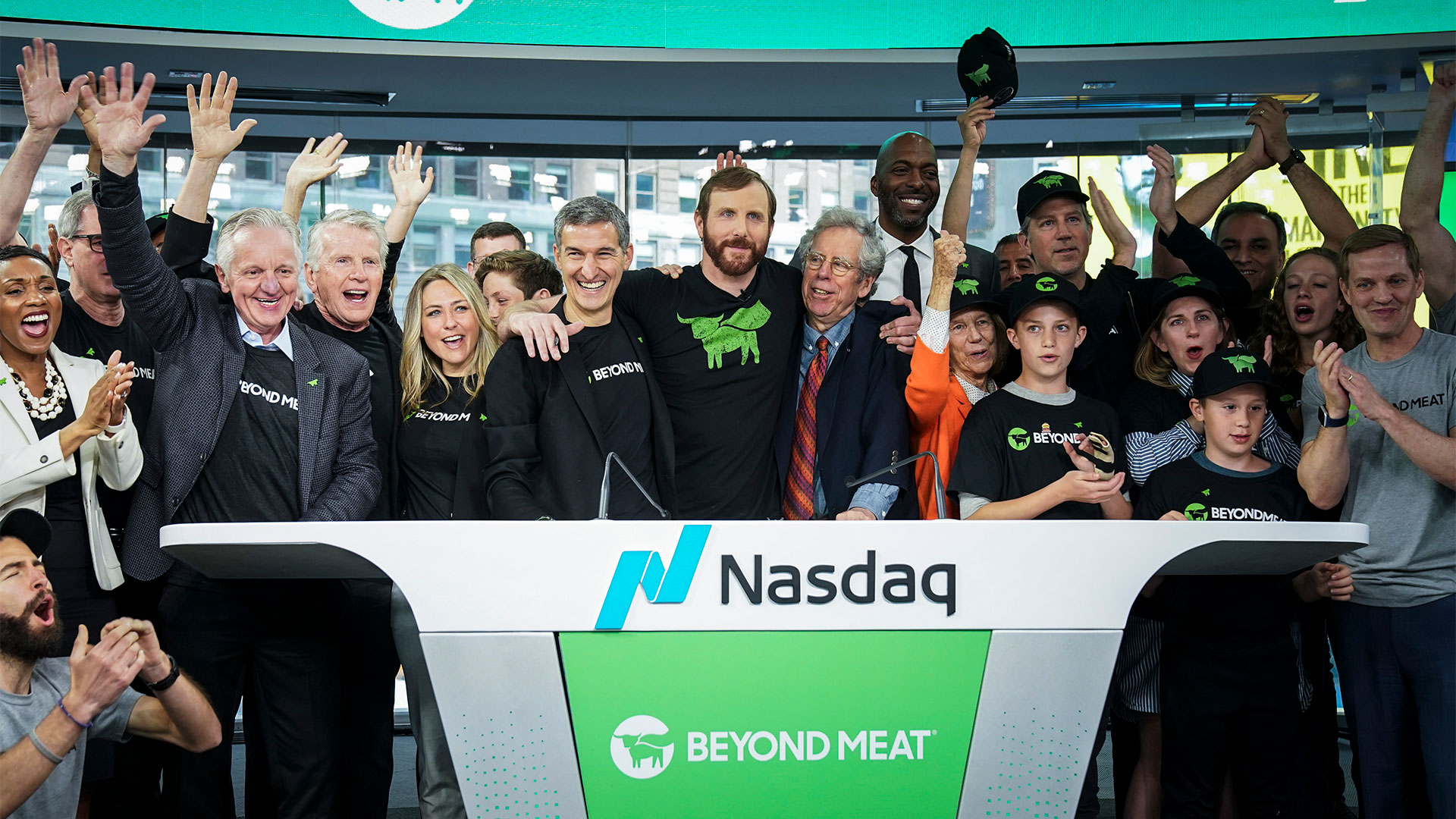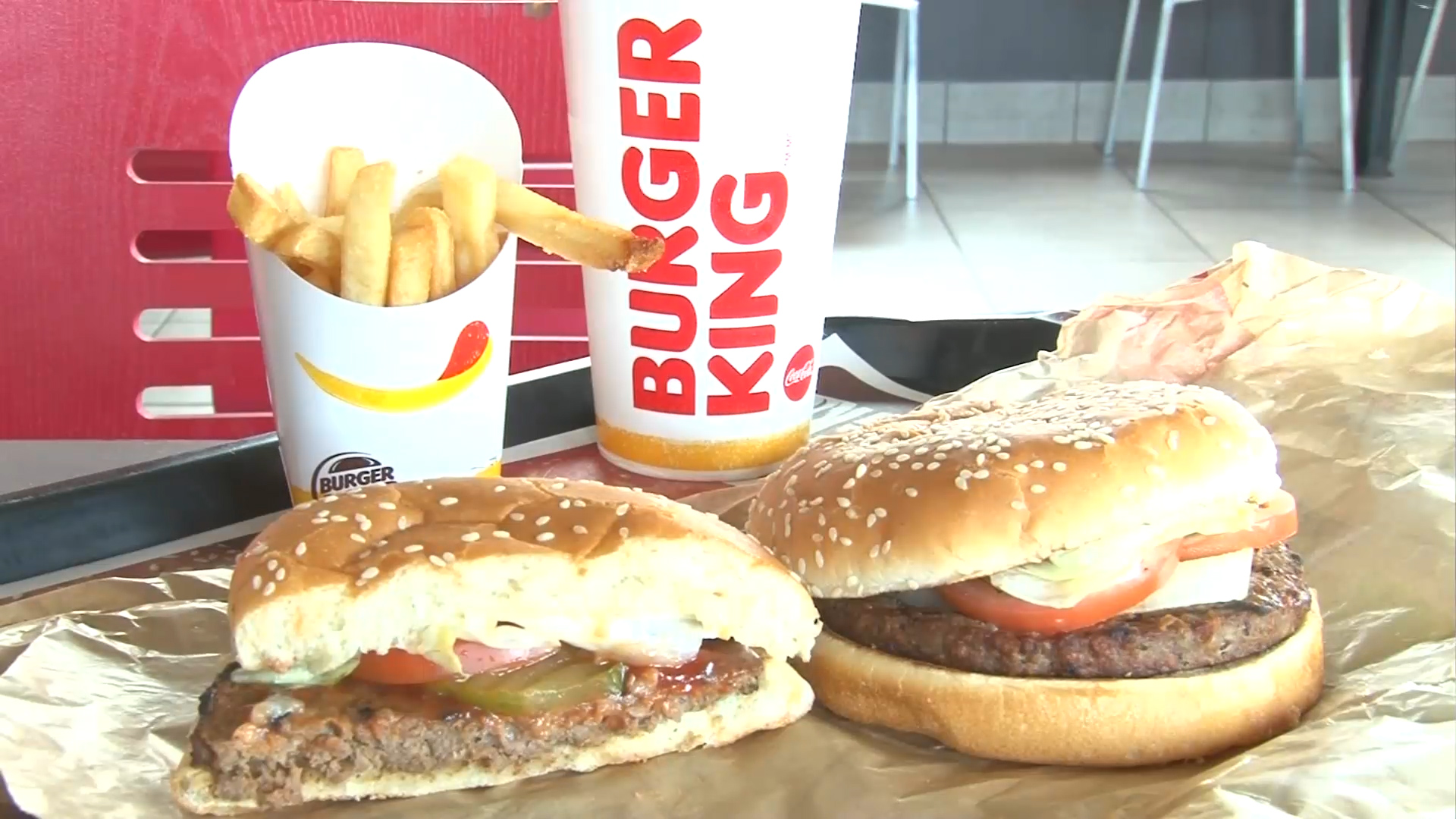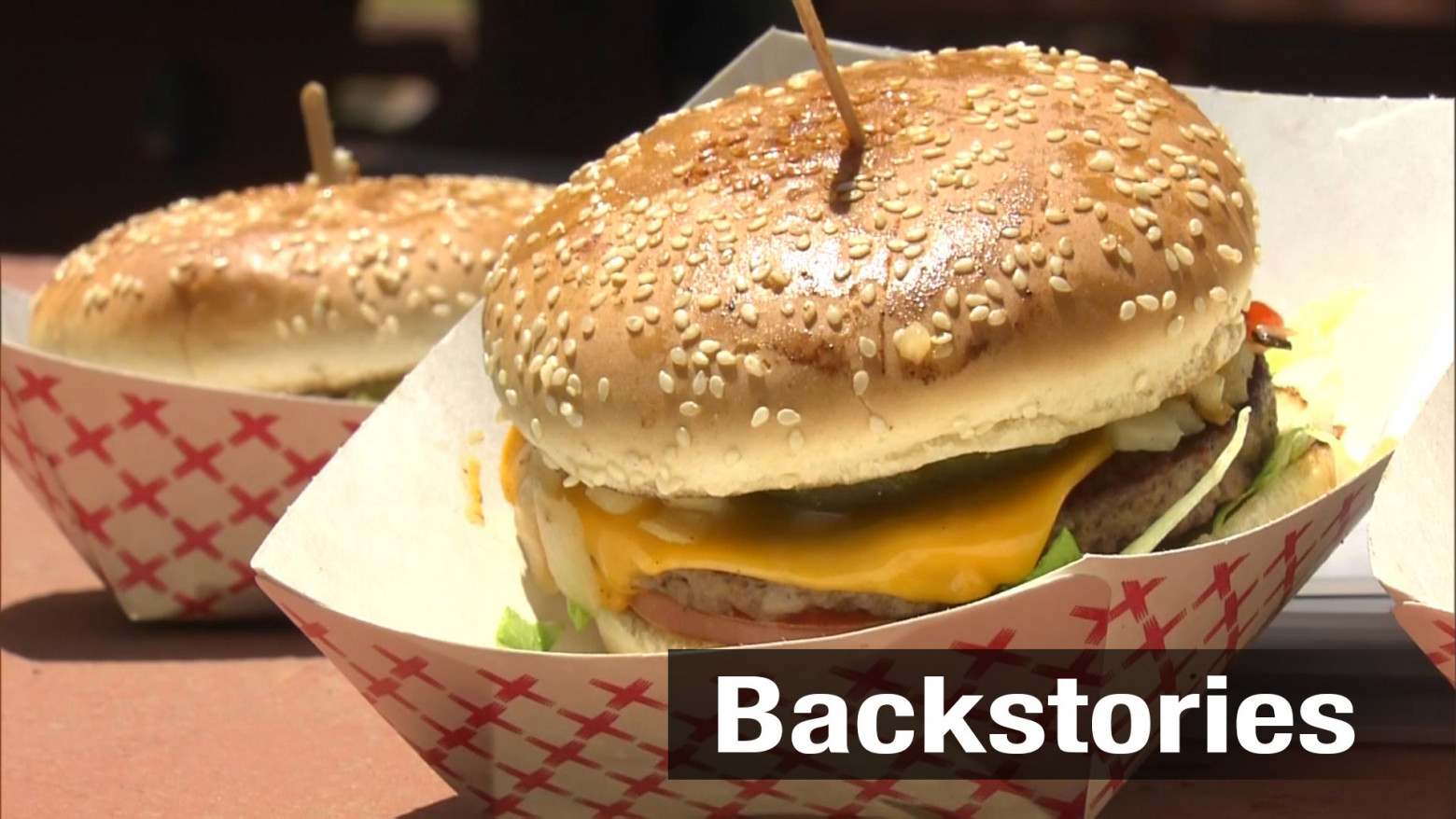On January 2, Carl’s Jr., a major American burger chain, announced it would be offering a plant-based burger from meat substitute producer Beyond Meat at more than 1,000 of its locations.
On April 1, Burger King, America’s second largest burger chain, followed suit. It announced it would be offering, in collaboration with Beyond Meat rival Impossible Foods, a plant-based burger at 59 locations in the St. Louis area. One month later, on May 2, the company announced it would be making the burger available nationwide by the end of the year.
On the same day, Beyond Meat had the strongest IPO of 2019, demolishing the likes of Uber and Lyft in the process. Shares rose 163%, giving the company a market value of $3.77 billion.

This shift isn't just limited to fast food. From North Carolina to Indiana, restaurants are reporting shortages of these plant-based alternatives due to high demand.
For observers who have been keeping their fingers on the pulse, it is hardly surprising. A 2018 Gallup poll found that 8% of Americans do not eat meat. This number may seem small, but there are indications that it could be about to grow significantly. A 2017 Nielsen survey found that 39% of Americans are "actively trying to eat more plant-based foods".
Since then, plant-based meat substitute sales have gone from strength to strength. In 2017, they grew by 6% ($555 million in total sales) and then in 2018, by 24% ($670 million). By comparison, animal meat sales grew only 2% in 2018.
"This segment has surged since we entered the space, outpacing the broad category and delivering approximately 40% growth rates last year," said Michael H. McCain, President and CEO of Maple Leaf Foods. He was speaking during a conference call this April announcing plans for the company to build a $310 million plant-based protein plant in Indiana. "We fully expect this is where the majority of growth will reside in the future."

But at present, there are some complications. Seven states have so far passed legislation banning the labeling of products that do not come from animals as "meat". Among them is Wyoming, where meat from animals makes up 88% of the state's $1.095 billion livestock cash receipts.
These states, along with the National Cattleman’s Beef Association, are targeting cell-based meat producers, but plant-based producers and their fast food partners may be caught in the crossfires.
For now, things are looking up. Beyond Meat and Impossible Foods are riding high, Burger King has received good publicity for its move, and McDonald’s, the biggest fish in the fast food pond, is dipping its toes into plant-based alternatives in Germany.
"Why plant-based burgers?” I asked a young vegan man in front of a plant-based food truck in Los Angeles.
"Because a good burger is always great to have,” he replied.
Yes indeed.

